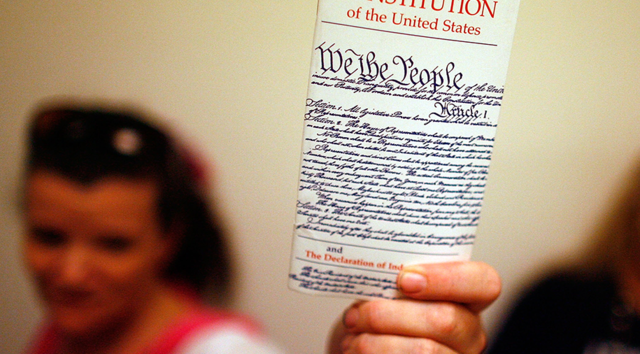Watch the keynotes:
Fundamentals of the First Amendment: Speech, Press, and Assembly
The First Amendment to the US Constitution protects free speech, freedom of the press, and the freedom of assembly. (It also protects free exercise of religion and bars the establishment of religion, which will be the subject of a different presentation). Although the First Amendment allows “no law” infringing the rights it protects, that prohibition cannot be taken literally. While the US protects free expression to a greater extent than any other constitutional democracy, some limits are allowed. Case law deems some categories of speech (such as obscenity and so-called fighting words) unprotected, while even protected speech may be limited by content-neutral time, place, or manner restrictions. Meanwhile, despite warranting its own clause, case law gives no special protection to the institutional press. This introduction to the very large body of free expression case law provides a useful framework for analyzing classic as well as contemporary conflicts.
The Religion Clauses in the Age of the Pandemic
Professor Nelson Tebbe will first give an overview of current law under the Free Exercise Clause and the Establishment Clause of the First Amendment, as well as under related religious freedom statutes such as the Religious Freedom Restoration Act. He will then apply these rules to current disputes arising under the COVID pandemic, including claims for religious exemptions from stay at home orders and the permissibility of PPP funding for houses of worship and clergy salaries.
The Freedom of Information Act in the Age of the Pandemic
The Freedom of Information Act is a statute used to gain access to information from government agencies that is not ordinarily accessible to the public. While an important law during the best of times—and one that has been used to shed light on “what the government is up to”—during the age of the pandemic it is all the more crucial. Using the First Amendment Clinic’s case with the New York Times that obtained millions of records of CDC data to expose racism in the pandemic, this talk will walk viewers through the basics of FOIA, and why from a public health perspective the statute is more important than ever. It will also discuss some of the limits of FOIA to obtain public information, as well as the limits of litigation to resolve fast-moving disputes for the nation’s Fourth Estate.
An Introduction to Defamation Law
This presentation provides a primer on the basics of defamation law. Since the Supreme Court’s seminal 1964 decision in New York Times v. Sullivan, courts and commentators have interpreted the First Amendment as providing expansive protections for speakers—particularly the press—so that debate on issues of public importance is “uninhibited, robust, and wide-open.” We’ll walk through the current doctrinal frameworks for evaluating defamation claims, discuss the competing values underlying these frameworks, and explore modern developments in defamation law—including the current threat to Sullivan itself. This presentation is meant to be interactive: using hypotheticals and examples from the Clinic’s cases, attendees will have the opportunity to apply newly-learned principles of defamation law to concrete examples in real time.
